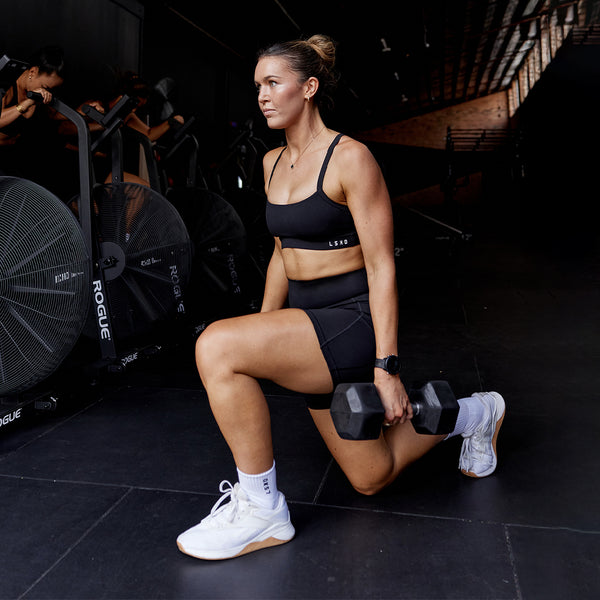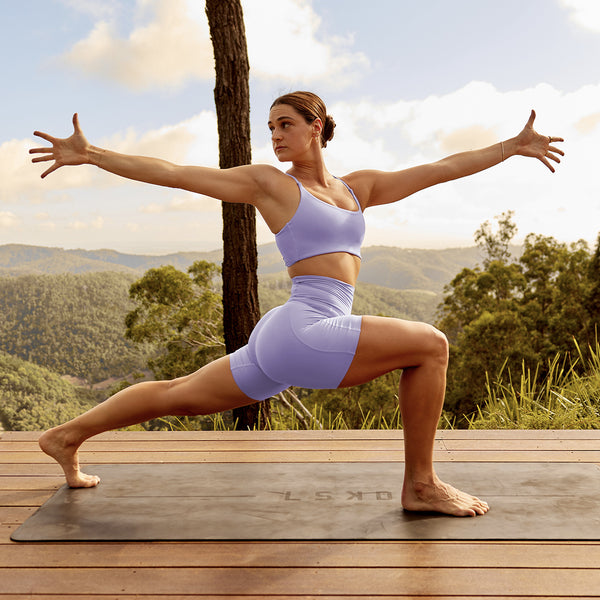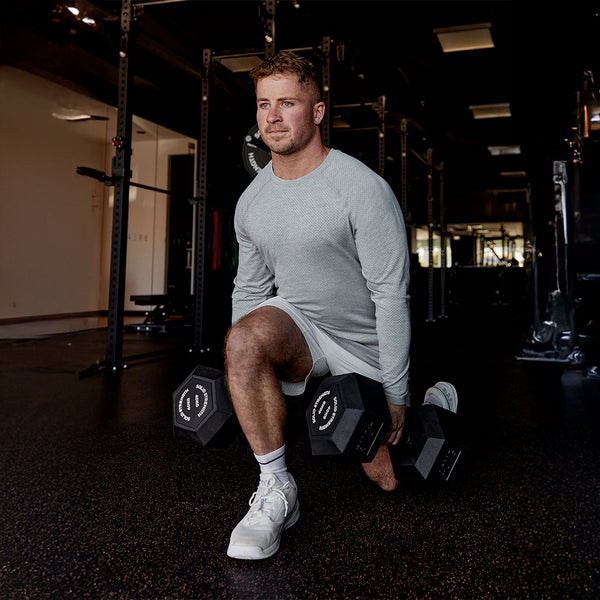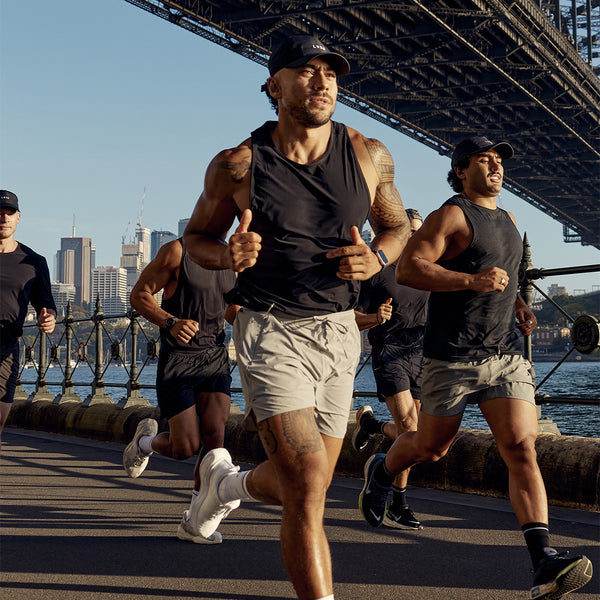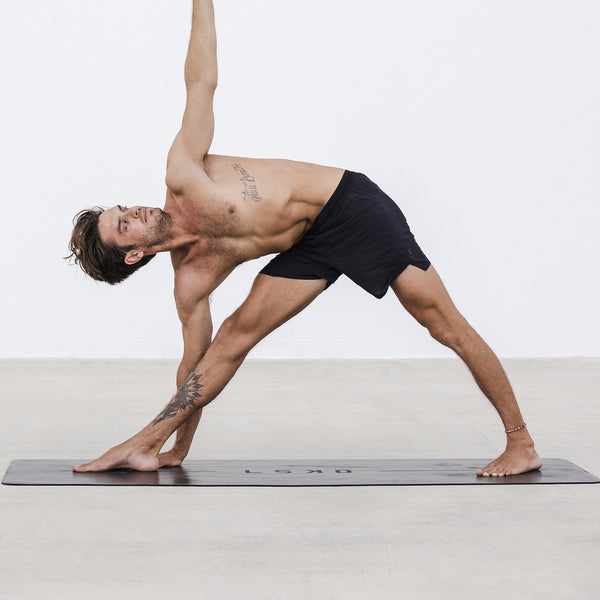Health & Fitness

How To Start Running: A Beginners Guide
Are you a new to running, but you’re not sure where to start?
Maybe you're looking to simply improve your fitness, or perhaps you’ve set a goal of running a half or full marathon in the near future.
Well, here are some basics for beginners on how to start for running, with a few tips and tricks from LSKD Athlete Maddi O’Donnell.
INVEST IN THE RIGHT RUNNING GEAR
Before you set out on your first run, it is important to make sure you have the right running gear. Investing in a good pair of running-specific shoes to help match your goal is essential. It will not only improve your performance, but it will reduce your risk of injury. Depending on your gait and the way your foot strikes the ground, a professional will be able to determine what type of shoe is best for you.
When it comes to clothing, it’s all about that lightweight feeling, allowing your body to stay cool and move freely with no restriction so you can move like you. You should choose to wear items that are moisture-wicking and have multi-directional stretch for unobstructed freedom. If you’re running in the sun, accessorise with a hat for protection.
Shop LSKD Women's Running & Men's Running.
FIND THE PERFECT PLAYLIST
As a beginner to running, you’re going to come across some mental barriers as you increase your distance and speed. Listening to your favourite beats and finding the perfect playlist will help keep your mind occupied as the kilometres go by.
SET A GOAL
Setting goals is key for success and will help you run with purpose. Using the SMART framework to create your running goals is an effective way to stay motivated and stay focused. It's important to set goals that are both challenging and realistic, as well as timely and measurable. Challenging yourself is important, but don’t set a goal that is impossible to reach. Break down your goals into smaller, measurable steps that you can celebrate your successes along the way. Understand that it's normal to not reach your goals right away and that it's OK. Progress takes time.
BEGIN WITH THE BASICS AND START SLOW
As a beginner, don’t plan on running your goal of an entire half marathon on the first run. When starting out, it’s not about pace or distance, it’s about finding that range that you can maintain without fatiguing. Your body needs to get used to the new stresses and strains of running and moving too quickly may result in an injury. Focus on your heart rate and keep it between 50 - 65% of your max exertion, and don’t be afraid to use the run/walk method recommends LSKD Athlete Maddi O’Donnell.
- Start with a 10 minute brisk walk to warm up
- 3 mins running - 45 seconds walk
- 2 mins running -45 second walk
- 1 minute running - 45 second walk
- Then repeat backwards
- Finish with a 10 minute brisk walk to cool down
Each week, look to increase your milage by 10%, which can help with maintaining the risk of injury. When you're ready to step up your mileage and speed, check out our blog 'Run Faster For Longer: Top Training Tips'.
TRACK YOUR PROGRESS
No matter if you’re a beginner or a professional, we are all motivated by improvement. Tracking your progress helps you monitor your improvements and keeps you motivated as you get closer to your goals. A lot of runners like to track their speed, distance, and heart rate from their smart watch.
MAKE YOUR RECOVERY A PRIORITY
KEEP UP THE STRENGTH TRAINING
If you’re going to start running, it’s important to keep up your strength training so you can handle the immense strain that running puts on your body. Becoming stronger will not only boost your performance and help you run more efficiently, but it will also help eliminate the risk of injury. Common injuries including shin splints, stress fractures and muscle tears could hold you back from achieving your running goal.
MAKE RUNNING FUN
As a beginner, it’s great to change it up have some fun. Running is a beautiful sport that can take you anywhere, whether that’s along the beach, on the path, at a track or a scenic run in the trails. If you’re bored of running alone, find a running buddy or join a local running club.
Now get out there and get after it.
On your marks. Set. Go!
